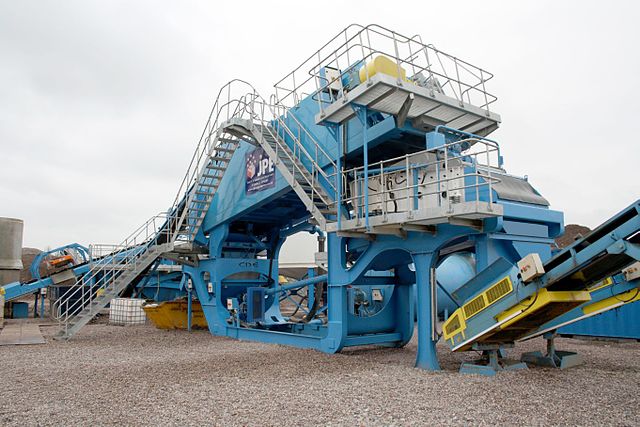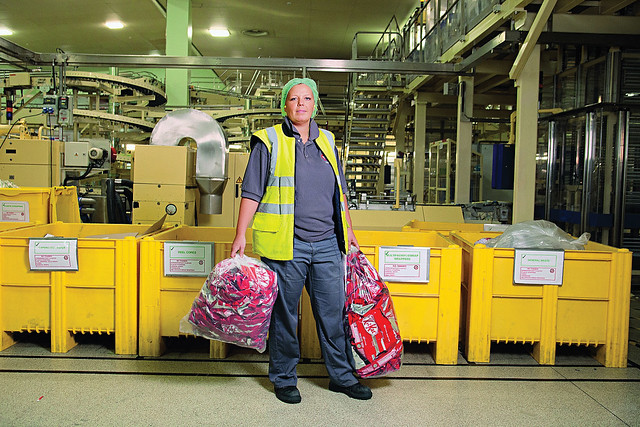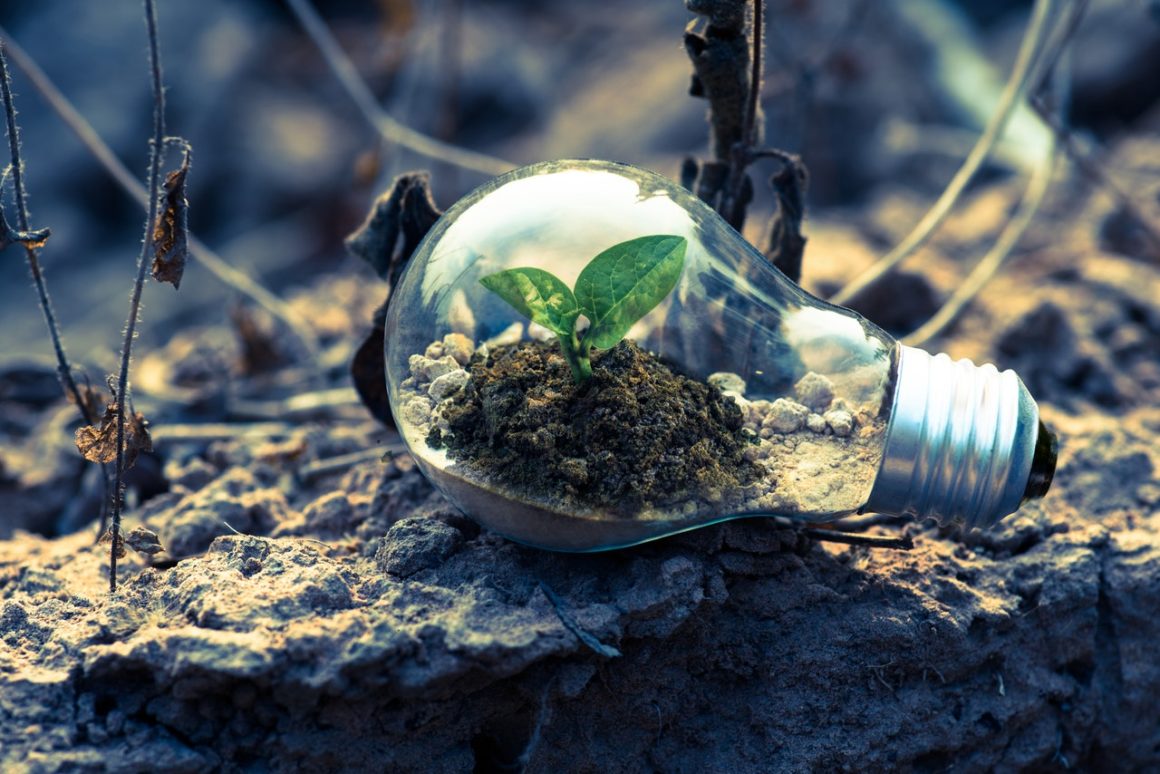
Most of us have never seen inside a recycling plant. We’ve not seen the mounds of trash drifting beneath HVLS fans, or the conveyor belts bringing garbage along to be cleaned and sorted. We’ve not seen the process of sorting, which is difficult, time-intensive, and very laborious – and neither do we want to. They’re kinda an eyesore in a town, right? And what goes on inside must be even more so. We shudder, or shrug, and more on to other, more seemingly topics.

But recycling plants are very much a positive, bringing a whole host of benefits. Perhaps you’ve never thought about it, but there are a large number of them. These include>>>
Reducing the pollution that’s caused by waste. Obvious, perhaps, but let’s not forget that this is the reason why recycling plants actually exist.
A linked effect of this is that the greenhouse gases and harmful chemicals caused by landfill sites are reduced, since recycling plants reduce the amount of waste in and of themselves.
Recycling lessens the need for new raw materials meaning that habitats remain intact. Countless animals lose their homes when we cut down trees and ‘cultivate’.

It also means that fewer trees are chopped down and so there is less deforestation, which in turns reduces the greenhouse effect. Trees help turn Co2 into oxygen, of course.
Energy is saved by recycling, because there is no energy used to make products from raw materials. This is a huge output normally.
Following on from this, it is the case that recycling uses less energy than creating products from raw materials. This is, again, very good for the environment and for our global carbon footprint.

Yoga at home, alone? for a local populace, in addition. This is happy human benefit, even as we work to save our planet.
Further to this, they are good for the economy. By reducing waste we save money and reap financial rewards.
The benefits of recycling plants are many. That strange, unsightly building helps us in the fight against climate change, essentially. There are very few negatives, and very many positives stemming from them. There may be other benefits, in addition, depending on the type of waste being recycled. If a plant specialises hard-to-recycle plastics, then it is of even greater value. But certainly these unsightly buildings do much to help us and our planet. It is the opinion of this writer that they are worth their weight in gold.

